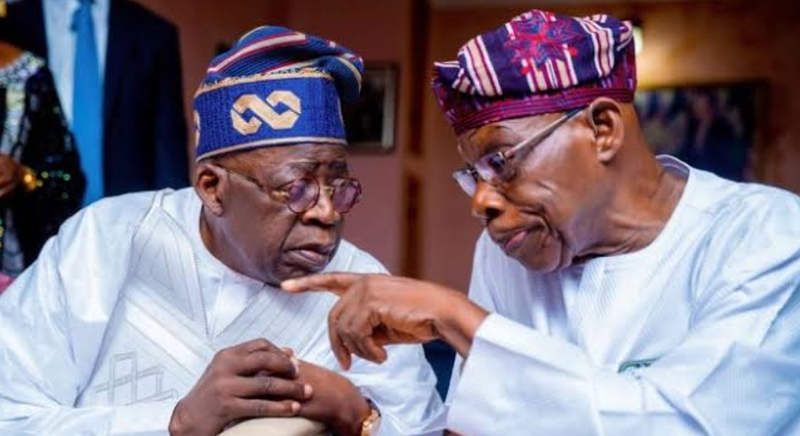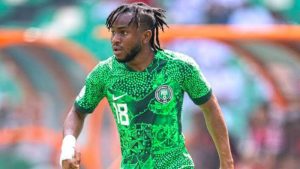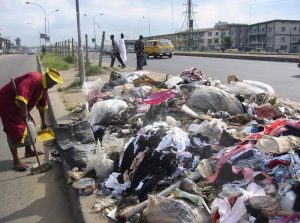
Renowned Nigerian cleric and outspoken public commentator, Bishop Matthew Hassan Kukah, has criticized the leadership trajectories of some of Nigeria’s most prominent politicians, including former Presidents Olusegun Obasanjo and Muhammadu Buhari, as well as the current President, Bola Ahmed Tinubu. According to Bishop Kukah, these leaders ascended to power without adequate preparation, a trend he described as “accidental leadership.”
Speaking at a recent public forum, the Catholic Bishop of Sokoto Diocese lamented that Nigeria’s leadership challenges stem from a lack of vision and planning among those who have led the country. “Leadership in Nigeria has often been an accident rather than the product of deliberate planning or preparation. From Obasanjo to Buhari and now Tinubu, the story has been one of unprepared individuals being thrust into positions of immense responsibility,” he remarked.
Bishop Kukah pointed out that this pattern of unprepared leadership has had dire consequences for the nation’s development. He argued that a well-prepared leader would possess a clear vision for governance and the necessary capacity to tackle the challenges facing the country. “When leaders come to power without a clear agenda or understanding of the complexities of governance, the nation inevitably suffers,” he stated.
The cleric also emphasized the need for reforms in Nigeria’s political system to prioritize merit, competence, and preparedness over political opportunism. He called on political parties to adopt more rigorous candidate selection processes to ensure that future leaders are adequately equipped to govern effectively.
Kukah’s comments have sparked widespread debate, with some Nigerians echoing his sentiments and calling for a change in the way leaders emerge in the country. Others, however, argue that even prepared leaders face systemic challenges that hinder progress in governance.
This is not the first time Bishop Kukah has critiqued the Nigerian leadership landscape. Known for his fearless and thought-provoking speeches, he continues to be a vocal advocate for accountability, justice, and good governance in Africa’s largest democracy.








